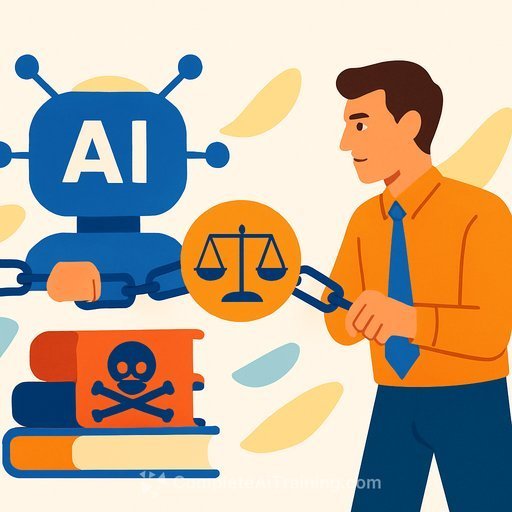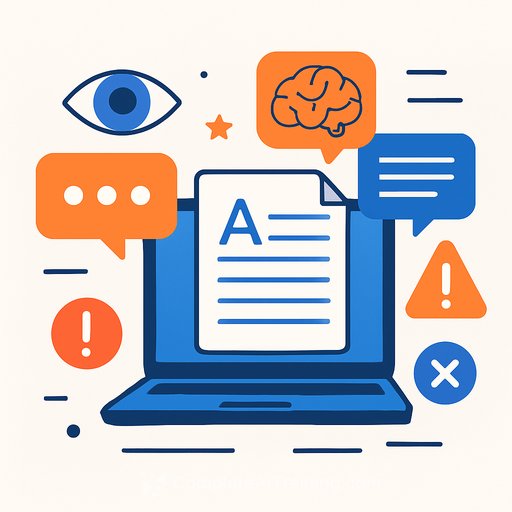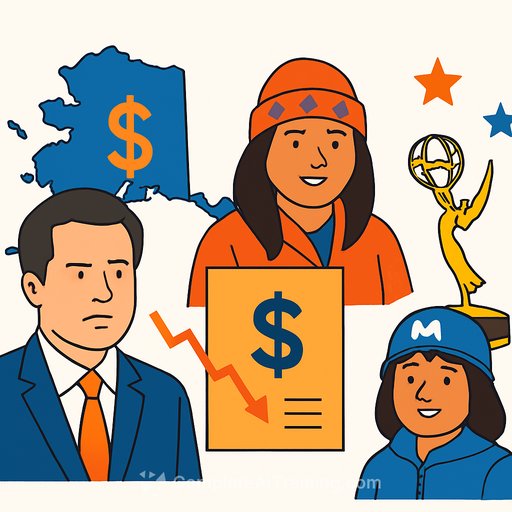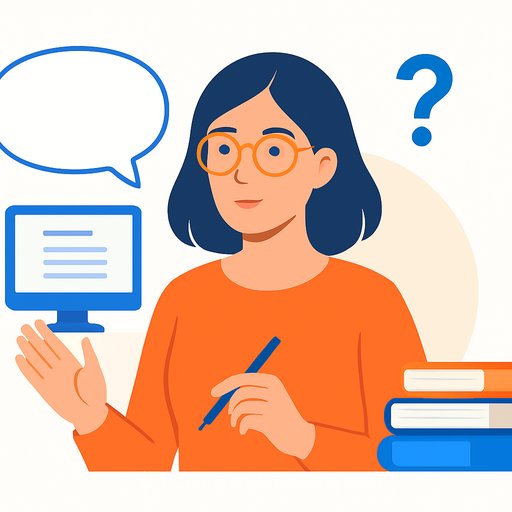US$1.5B Anthropic Settlement: What Working Writers Need to Know (and Do)
A federal judge has given preliminary approval to a US$1.5 billion settlement between Anthropic and authors/publishers who say nearly 465,000 books were scraped from pirate sites to train chatbots. Each covered book is set to receive about US$3,000. The deal does not cover future works.
Judge William Alsup called it "a fair settlement," while warning the distribution will be "complicated." He's focused on making sure notice and claims reach every eligible author so no one "gets the shaft."
The ruling at a glance
- Settlement size: US$1.5 billion (preliminary approval granted).
- Payment: ~US$3,000 per covered book; about 465,000 books affected.
- Scope: Past works only. Future works are not covered.
- Status: Preliminary approval; claims process and notice plan under court scrutiny.
- June ruling: AI training itself was found transformative fair use, but Anthropic's acquisition of books from pirate sites was wrongful.
Why this matters to you
This is the first large-scale payout structure that puts money in writers' hands for past unlicensed use, while leaving the door open to license future works. It also signals that courts will separate "how AI is trained" from "where the data came from." The source matters.
Who gets paid-and how much
If your book is on the covered list, the settlement allocates roughly US$3,000 per title. The court pushed both sides to create a notice system to reach every eligible party, including lesser-known authors, to avoid back-room deals or pressure tactics. Expect a formal claims process with deadlines and clear instructions.
What you should do now
- Watch for official notice about the claims process. Don't rely on social media rumors.
- Check if your titles are on the covered list once it's published and search by pen names, series titles, and alternate editions.
- Gather proof of ownership (contracts, ISBNs, registration, or publisher statements).
- Decide whether to opt in, do nothing, or opt out (to preserve your right to sue separately). If unsure, speak with an attorney or your agent.
- Document everything you submit and note all deadlines.
Should you opt out?
Opting out preserves your right to pursue separate claims, but you won't receive settlement funds. Opting in gets you paid now, but you give up related claims covered by the deal. Consider your catalog size, potential damages, your publisher contracts, and your ability to litigate.
What changes for future books?
This deal doesn't pay for future works. The market is moving toward licensing. Expect more deals between AI companies, publishers, and collecting bodies. Keep an eye on contract clauses that address AI training and data licensing to make sure your rights-and payments-are clear.
What the court actually said
Alsup issued a mixed ruling in June: using copyrighted books for training can qualify as transformative fair use, but scraping from pirate sites is not okay. Anthropic says the settlement resolves "narrow claims about how certain materials were obtained," while the June ruling on fair use remains intact.
Industry reactions
The Association of American Publishers called the deal a "major step in the right direction in holding AI developers accountable for reckless and unabashed infringement." They argue Anthropic isn't unique-many AI models trained on books sourced from notorious infringing sites.
Anthropic welcomed the preliminary approval, saying it can focus on building safe systems and that the settlement handles acquisition issues without undoing the court's fair-use finding.
The Authors Guild called it a milestone that puts a real price on unauthorized use and pushes AI companies toward legal licensing paths.
Key dates and process control
Alsup demanded a strong claims and notice plan and required a claims form for review by a set deadline before this hearing. His priority: ensure all eligible authors and publishers are informed and treated fairly. He also noted plans to step down from the bench by year-end, which could add urgency to getting the mechanics right.
Practical steps to protect your catalog
- Inventory your titles (formats, imprints, co-authors, pen names) so you can claim quickly.
- Review publishing contracts for data/AI language and who controls licensing for training.
- Register new works promptly and keep clean records of publication dates and rights status.
- Discuss AI training rights with your agent or publisher for upcoming deals.
Quotes worth noting
- Judge Alsup: "This is a fair settlement," but distribution will be "complicated."
- Maria A. Pallante (AAP): "Every other major AI developer has trained their models on the backs of authors and publishers."
- Aparna Sridhar (Anthropic): The settlement "simply resolves narrow claims about how certain materials were obtained."
- Andrea Bartz: "You are not above the law, and our intellectual property isn't yours for the taking."
Resources
- Authors Guild - updates on the settlement and author guidance.
- Association of American Publishers - policy updates and statements for rights holders.
- AI tools for copywriting: vetted options and workflows - for writers who want to use AI responsibly and stay competitive.
Bottom line: if your work is on the list, there's real money on the table-don't miss the claim window. For future books, push for clear licensing terms and payment when AI companies want access to your work.
Your membership also unlocks:






